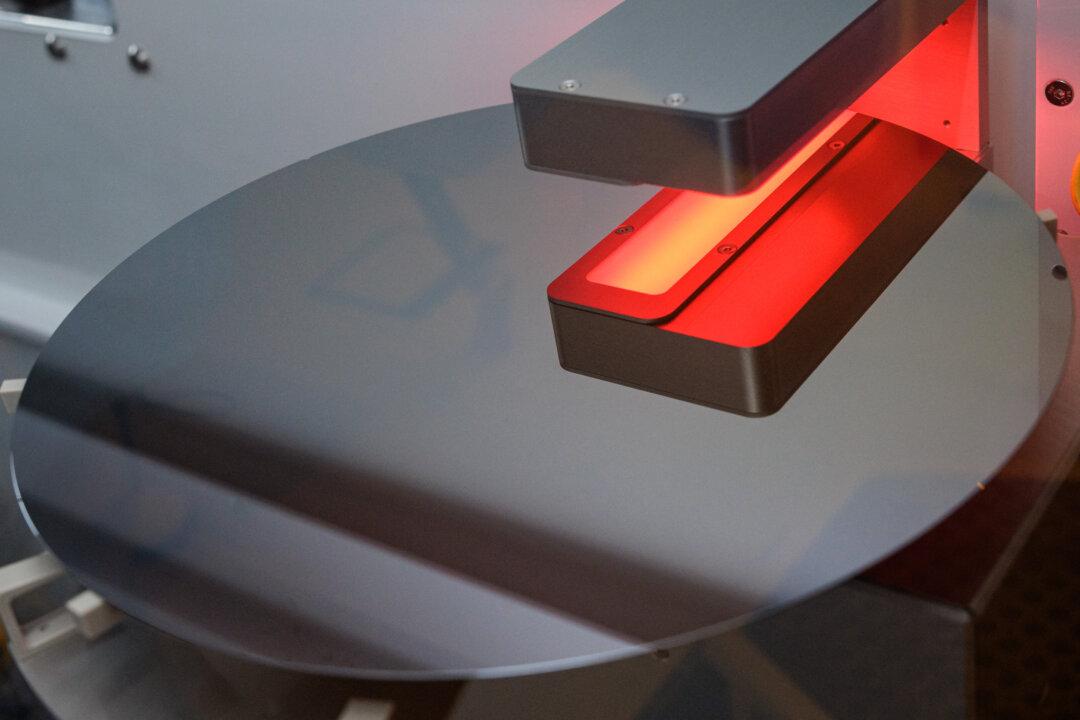The Biden administration’s recent move to limit semiconductor exports to China is facing several hurdles that could negatively impact the effort and place additional strain on international supply chains.
The administration issued sweeping new export controls on Oct. 7 in an effort to hamstring the Chinese Communist Party’s (CCP’s) military modernization. Among those rules is a measure to cut China off from certain advanced semiconductor chips made with U.S. technologies, regardless of whether the chips were manufactured in the United States.





